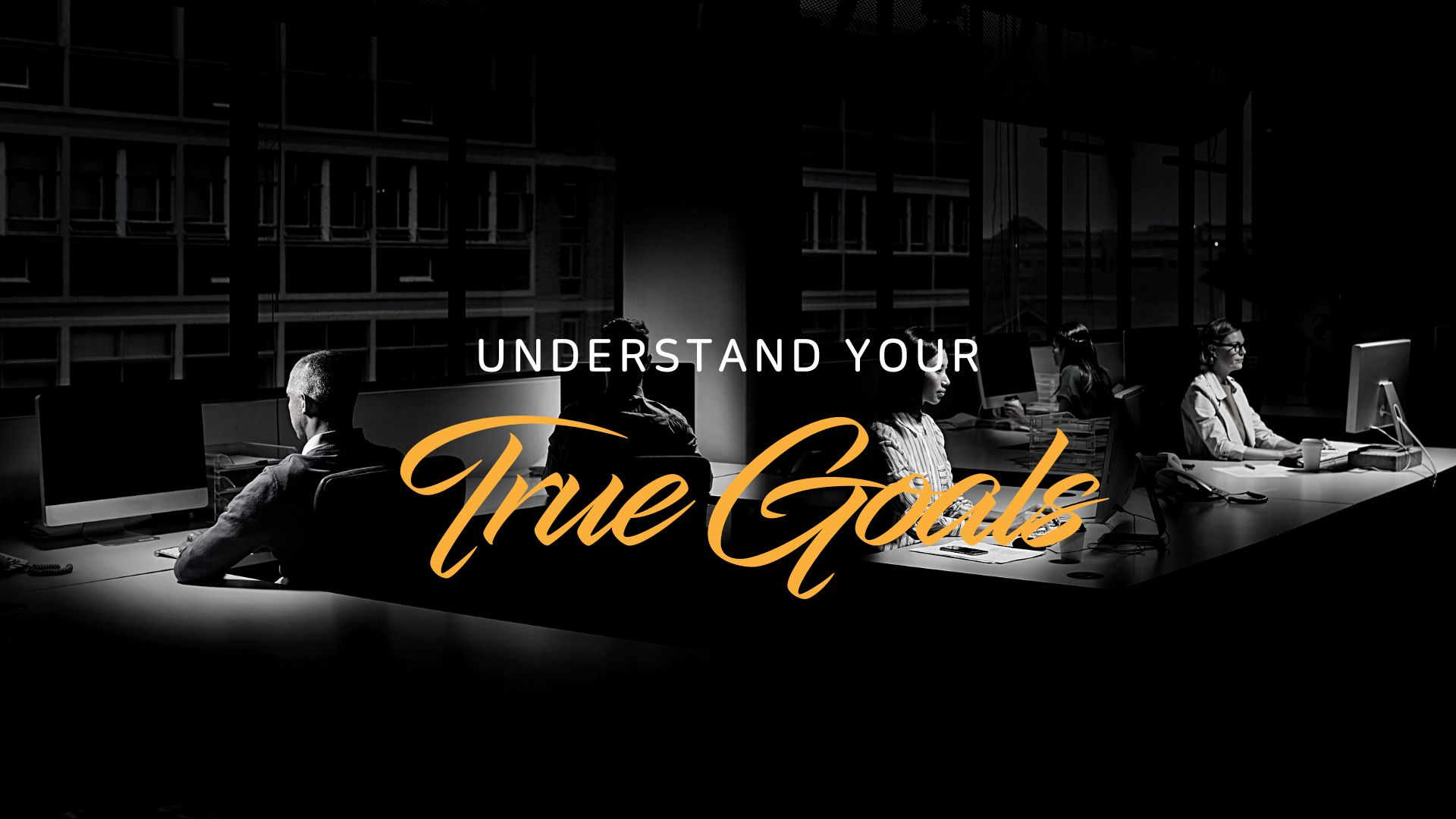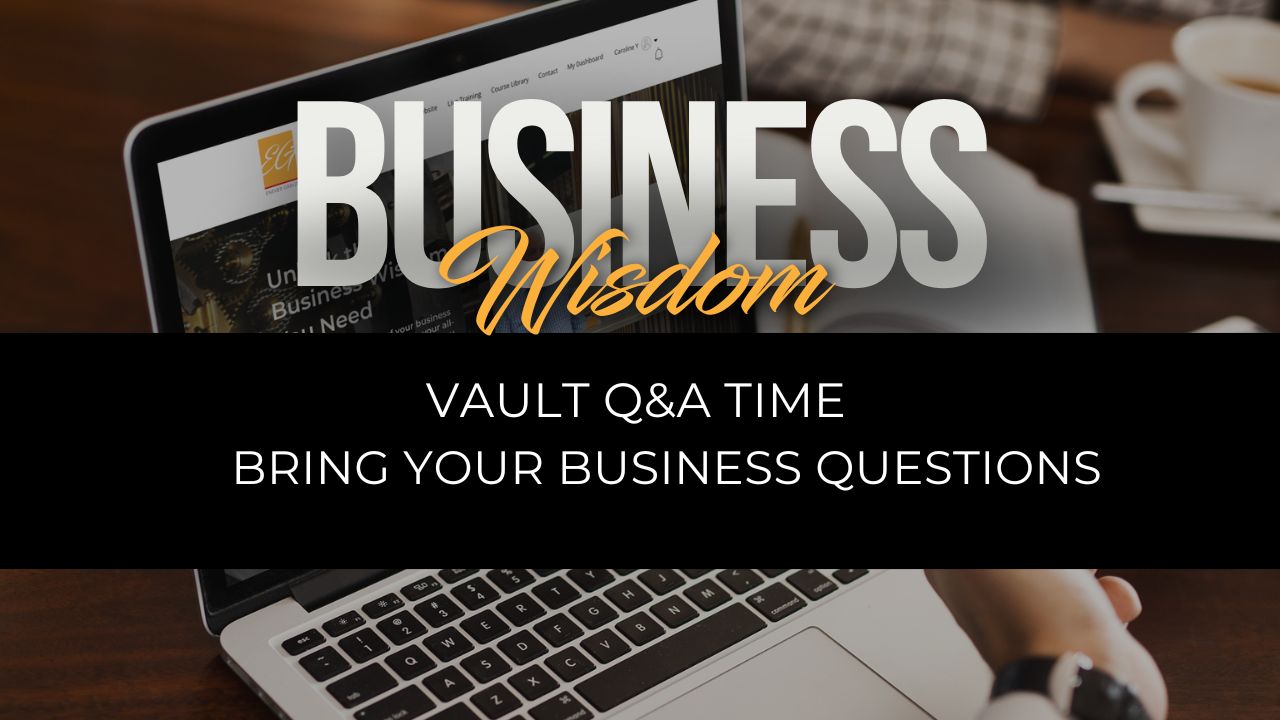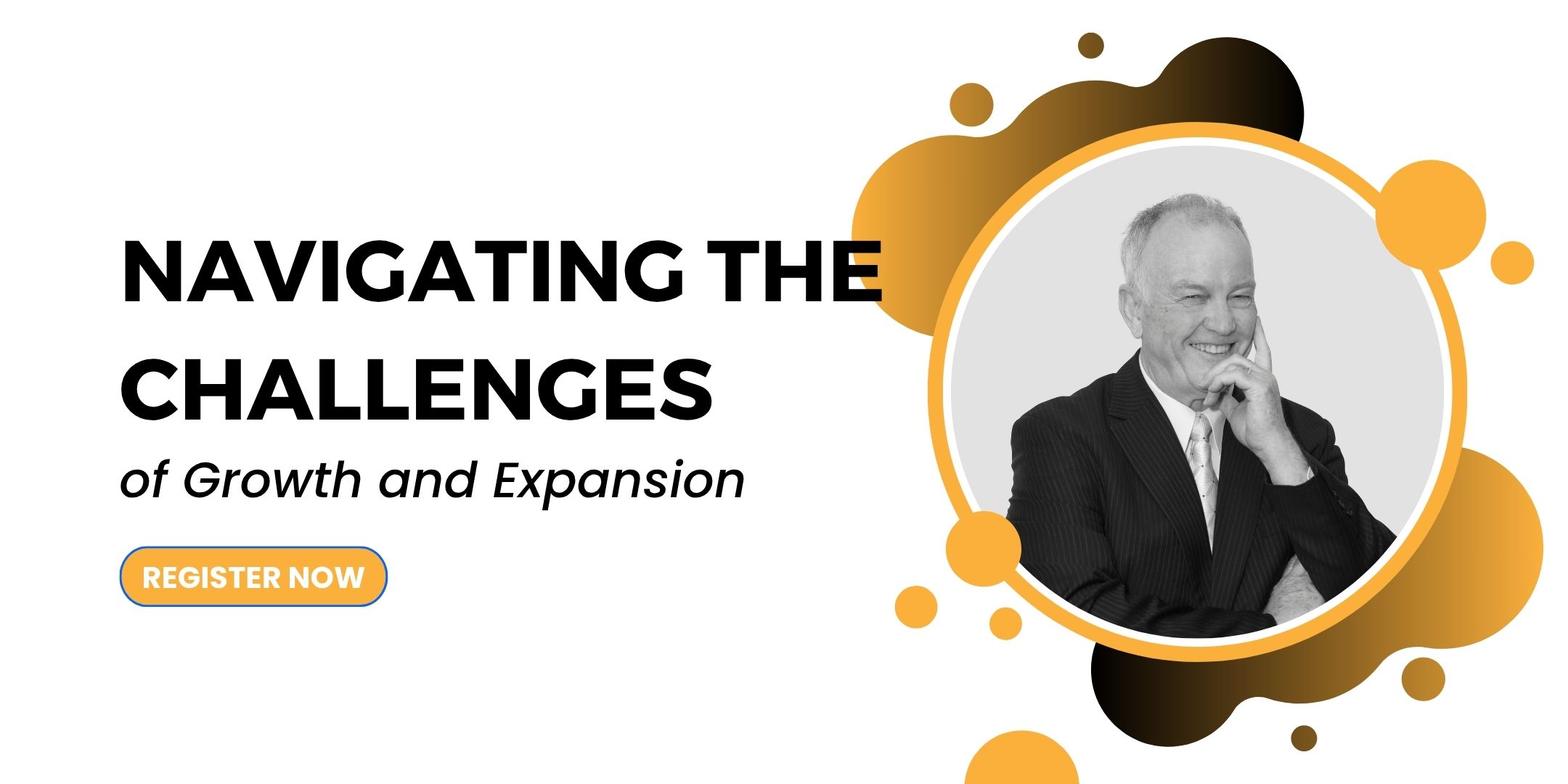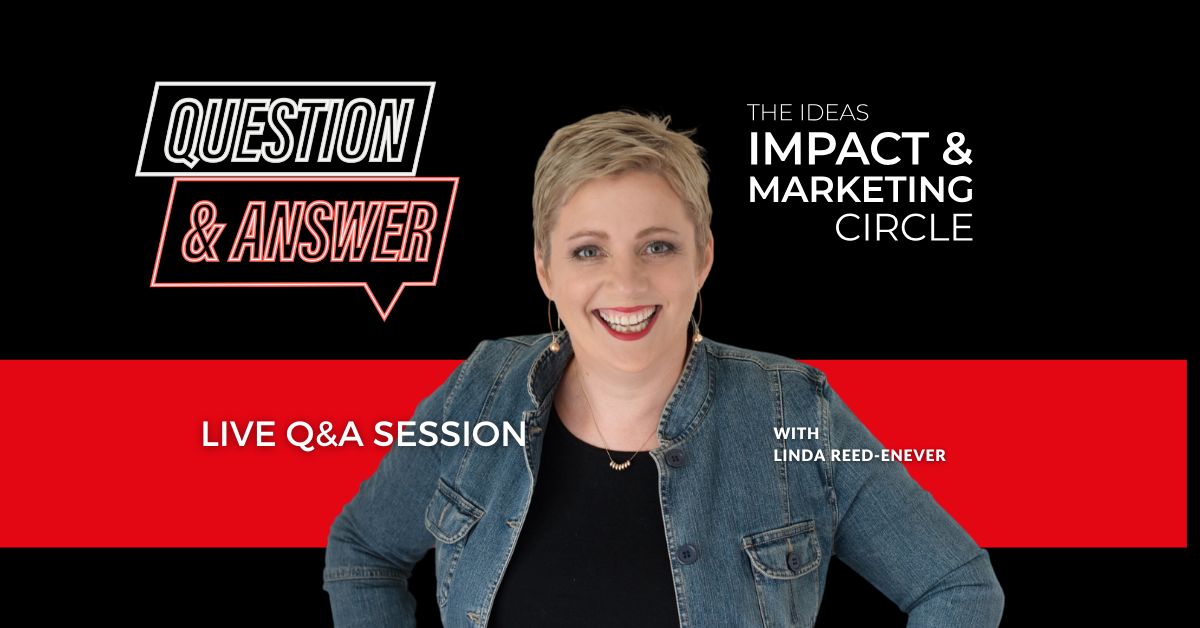But goals are not idle markers set in isolation of your ultimate destination. They must be stepping-stones that help you achieve your dreams in both life and business.
That’s why it’s imperative you understand your true goals and the bigger picture long before you start charting the course with milestones, KPIs and yearly plans to direct you where you want to go.
Here’s why you need to understand your true goals, how that’s done, and the ways you can then break them down to create action that builds momentum towards your chosen destination.
Know the what
What is it exactly that you’re hoping to achieve in the long run? Is it a business which turns over a specific amount each year and delivers you a minimum set income in the interests of financial security?
Is it a business you build as your retirement fund, then sell or one that you can pass down to your family?
In more general life terms, is one of your long-term personal goals to buy a dream house in a particular suburb or price bracket?
When you know ‘what’ you are trying to achieve in the long run – two years from now, five years from now, 10 years from now and beyond – you can begin to chart the course to get there, with smaller goals that you can measure, which propel you towards that destination.
It’s also important to appreciate any short-term goals you have need to fit within a long-term context. In other words, there’s often a big-picture ‘what’ driving your ambition, such as financial security, fitness and health, looking after your family, etc.
Know the why
Why do these long-term ambitions matter to you?
In other words, what drives you? Is it financial reward, the ambition to create a legacy? Money? An inner competitive streak? Or perhaps an underdog mindset where you plan to prove what others think about you wrong?
Knowing the ‘why’ behind your long-term goals creates the motivation. It’s the reason you commit to a certain path and keep it front of mind each day, working on smaller goals to get you where you ultimately want to be.
Create the how
Once you know what you want to achieve in the long run and why that’s important to you, attention turns to the how.
This is where you chart the course with smaller milestones and habits that set you on the path to success.
It’s about setting small milestones that, once achieved, bring you closer to your ultimate goal.
For example, there are few businesses that simply open their doors and enjoy a million profit in their first year.
Instead, that future goal requires a longer-term strategy where a business builds each year from start-up.
Year one might see the milestone become to break even, year two might involve a small profit and years three and beyond see you understand what’s working and what’s not and then create plans to further build on a business’ success and profit.
Big goals rely on small habits and actions
Big long-term goals and ambitions always start with small habits and action.
Just as you cannot acquire the fitness to run a marathon after one day, you cannot expect instant success in business or to buy your ultimate dream house overnight.
Instead, attaining the fitness to run a marathon starts with small habits, undertaken regularly. It begins with a small run each morning and perhaps some strength training and an eating plan.
Then, steadily, your fitness builds, the runs become longer, you become stronger and the marathon goal is realised.
In business and life in general it’s the same. Small actions add up to create big results. But it starts with understanding what those actions are and making them a habit.
Chart your progress
Along the way to achieving your future goals, you will need to chart your progress, occasionally re-evaluate and continually question whether that destination remains the one you really want to reach.
You might need to change course if life throws up the unexpected, or come at things differently.
You might also need to set new long-term goals once your plans have been achieved.
In the process, it’s important to reward yourself for the minor wins that lead you to success and keep in mind, the journey should be as rewarding as the destination.
Because after all, isn’t the journey why we’re here?
For more great insight into setting authentic goals and breaking them down, see here. Or if you’re planning your goals for the period ahead, why not work with me to ensure they fit into your longer-term plan and are attainable and actionable? You can book a discovery session here.
Talk Strategy with Clive
With more than 30 years’ experience in mentoring small to medium-sized businesses around Australia. Clive works with company owners and their teams to grow their business and achieve goals through startegic coaching.









